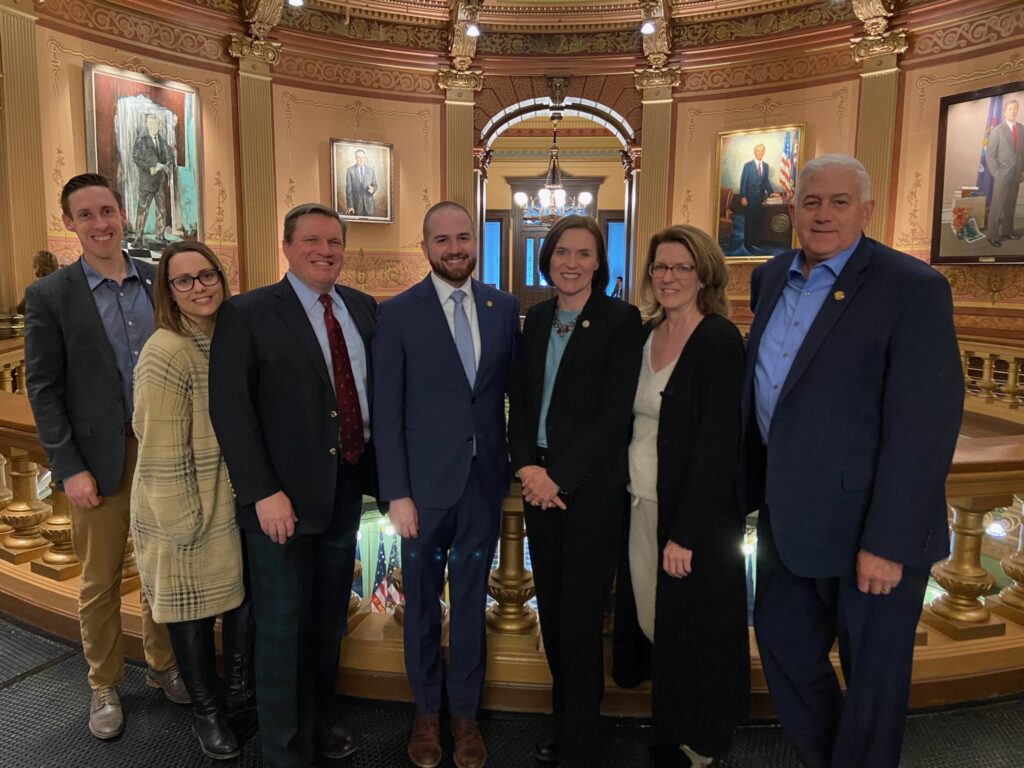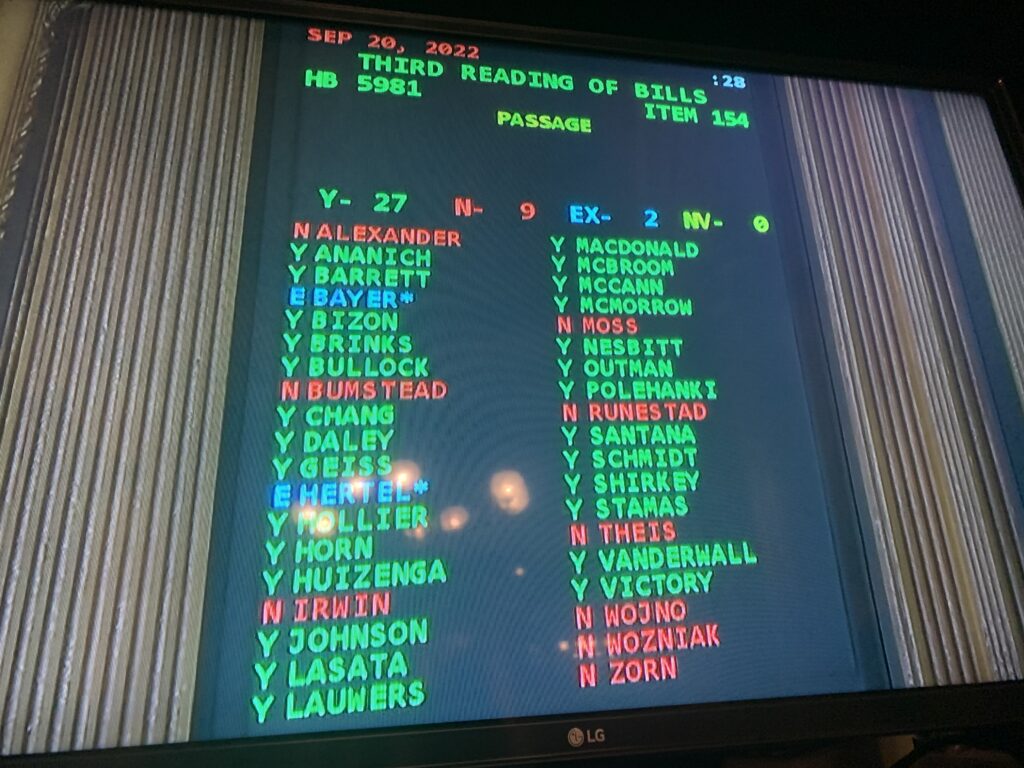Shared with permission of Miller Canfield who authored the write-up. This message is for general information only and should not be used as a basis for specific action without obtaining further legal advice.
Can a Michigan municipality require contractors to pay union-level wages when they are awarded government contracts? On December 8, 2022, a 3-0 panel of the Michigan Court of Appeals answered the question in the negative. The court found that a policy adopted by Meridian Township, Michigan violated a 2015 state law known as the Local Government Labor Regulatory Limitation Act (LGLRA), which forbids local governments from requiring contractors to pay their own employees union-level wages.
A prevailing wage is the basic hourly rate of wages and benefits paid to similarly employed workers in a given trade or profession, usually tied to a specific geographical area. One of the principal reasons for prevailing wage laws is to ensure that government dollars do not weaken existing local wage and benefit rates and to attract a certain level of skilled workers.
In 2021, Meridian Township adopted guidelines that purported to require any contractor doing work relating to projects, property, and expenditures over $50,000 for the Township to pay “the prevailing wages and benefits…for corresponding classes of craftsmen, mechanics, and laborers as determined by the United States Department of Labor for the Ingham County area.” A trade association filed a lawsuit alleging that these guidelines violated Michigan state law.
The trial court entered judgment in favor of the trade association, finding that the Guidelines inappropriately required employers working on Township projects to pay a prevailing wage, in violation of the LGLRA. The Court of Appeals affirmed in a published opinion. The court explained that although a local government may adopt a policy or resolution setting forth the terms and conditions of its own contracts, it cannot “requir[e] an employer to pay to an employee a wage or fringe benefit based on wage and fringe benefit rates prevailing in the locality” (citing to MCL 123.1386). To be sure, the court noted that Michigan law does not forbid a municipality from entering into a contract with an employer who voluntarily pays employees the local prevailing wage. Nor does state law prohibit municipalities from deciding—on a case-by-case basis—to give a contract to an employer that pays the prevailing wage. But a township’s requirement that all employers working on township contracts pay prevailing wages runs afoul of state law.
Municipalities across the State should be vigilant to ensure that their ordinances and resolutions fully comply with state law, including LGLRA.
Should you have any questions or concerns about this how the Court of Appeals decision may affect your organization, please contact your municipal attorney.
Jennifer Rigterink is the League’s assistant director of state and federal affairs handling economic development, land use and municipal services issues. She can be reached at jrigterink@mml.org or 517-908-0305.


